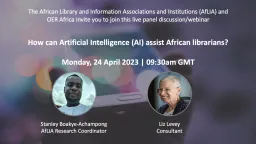Explore the dynamic world of Open Educational Resources and discover how OER Africa is driving the movement forward. This page is divided into two sections:
Articles: Our articles aim to deliver insights on OER-related themes that inform, spark conversation, and engage with the developing open education landscape, with a particular focus on Africa.
Updates: Below, the articles, you'll find updates on OER Africa’s latest initiatives, activities, and contributions to the OER community.
Articles
This section features targeted articles crafted specifically for educators, students, and the global Open Educational Resources (OER) community. The articles examine themes related to OER, offering insightful perspectives and information. The content seeks to inform, prompt discussion, and actively engage with the dynamic landscape of open education, particularly within the African context.

Following adoption of the UNESCO Open Educational Resources (OER) Recommmendation, UNESCO launched the Dynamic Coalition for the OER Recommendation on 2 March 2020
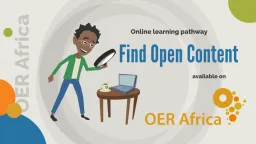
While many educators appreciate the value of openly licensed content, the issue is how to find these resources. OER Africa has prepared an interactive, multimedia rich, learning pathway on just this topic. It identifies a suggested simple set of procedures to find open resources that align with your curriculum requirements.
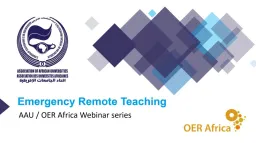
Trying to work out how to best teach your students during university shutdowns due to the COVID-19 crisis? Sign up for a webinar series on Emergency Remote Teaching, hosted by the Association of African Universities (AAU) and OER Africa. Register here.

World Book and Copyright Day on 23 April is a celebration to promote the enjoyment of books and reading. Now that so many of us are at home with our children because of COVID-19, we can explore the virtual world of children’s stories – all free to read and many openly licensed. Some wonderful book and reading resources are listed below.
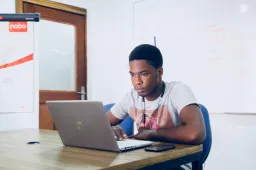
This week, OER Africa shares some resources we consider useful for institutions in the midst of current restrictions of movement and the requirements to introduce remote teaching in many countries due to the COVID-19 pandemic. We have selected resources for universities, school management teams, mathematics, reading and writing, as well as our most popular downloads over the past six months.
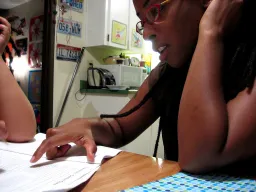
As the COVID-19 pandemic has spread, millions of learners and educational institutions globally have had to make rapid, unforeseen changes to how they run their learning programmes. Face-to-face teaching and learning have become impossible in many countries and there is uncertainty over when educational institutions will reopen their doors. This may have long-term effects on school programmes, examinations, and most importantly, learning.
Updates
This section provides updates on OER Africa’s initiatives and activities. Stay informed about our contributions to the OER community and how we are driving the open education movement forward.
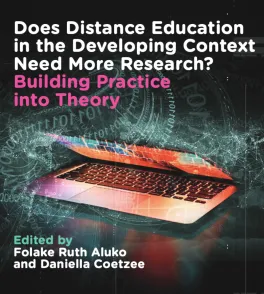
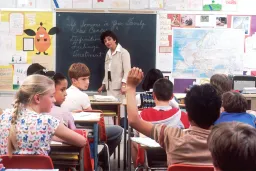
Education systems around the world have traditionally been characterized by closed knowledge systems, overly prescriptive curricula, narrow conceptions of success, and a failure to fully empower teachers as facilitators of learning. A recent paper by Neil Butcher & Associates argues that a key reason for these issues is that many education systems are inhibited by complex policy environments that, likely unintentionally, impede learning and create educational closure.
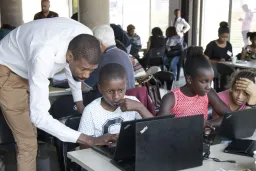
From 4 to 7 September 2023, we celebrate the inaugural Digital Learning Week – a reframing of what was previously known as Mobile Learning Week. The United Nations Educational, Scientific and Cultural Organisation (UNESCO) will convene in-person events for policymakers, practitioners, educators, private sector partners, researchers, and development agencies.

OER Africa has just published an expanded and revised 'Open Knowledge Primer for African Universities.' In the five years since we wrote the first edition, open education has now grown to include developments in open access, open data, open educational resources (OER), and open science. We thought it was time for a refresh.
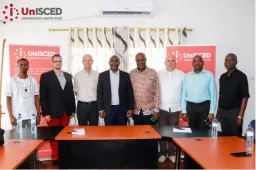
Funded by The William and Flora Hewlett Foundation, Saide OER Africa embarks on an impactful project to support the effective development and use of Open Education Resources in higher education systems in selected sub-Saharan African countries. Ashton Maherry, reports on recent travels to Beira, Mozambique, to establish a strategic partnership with UnISCED.

